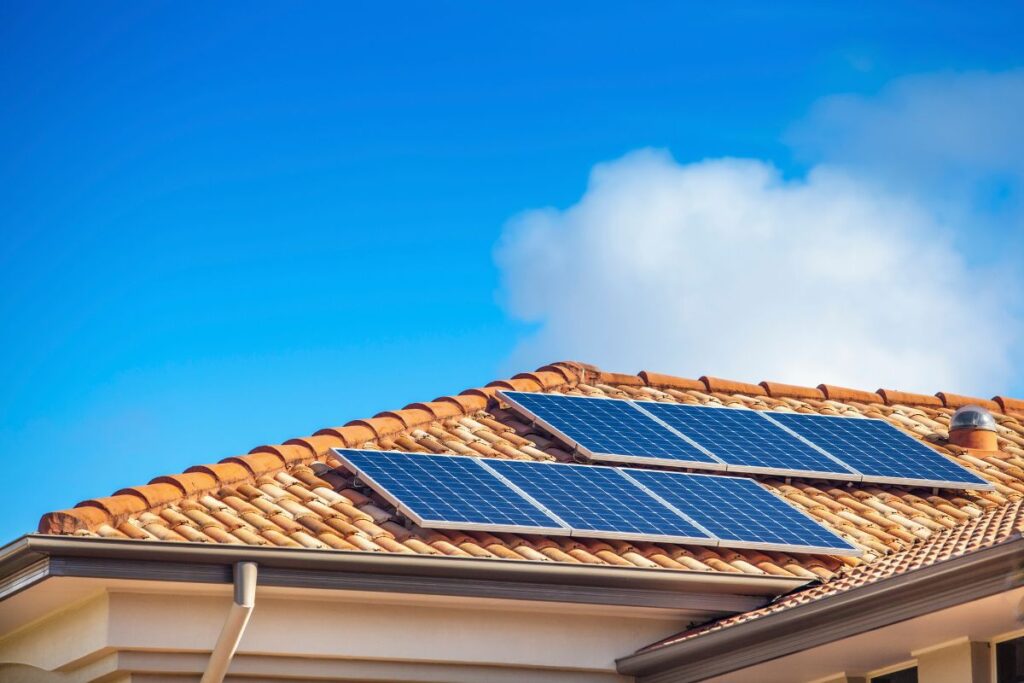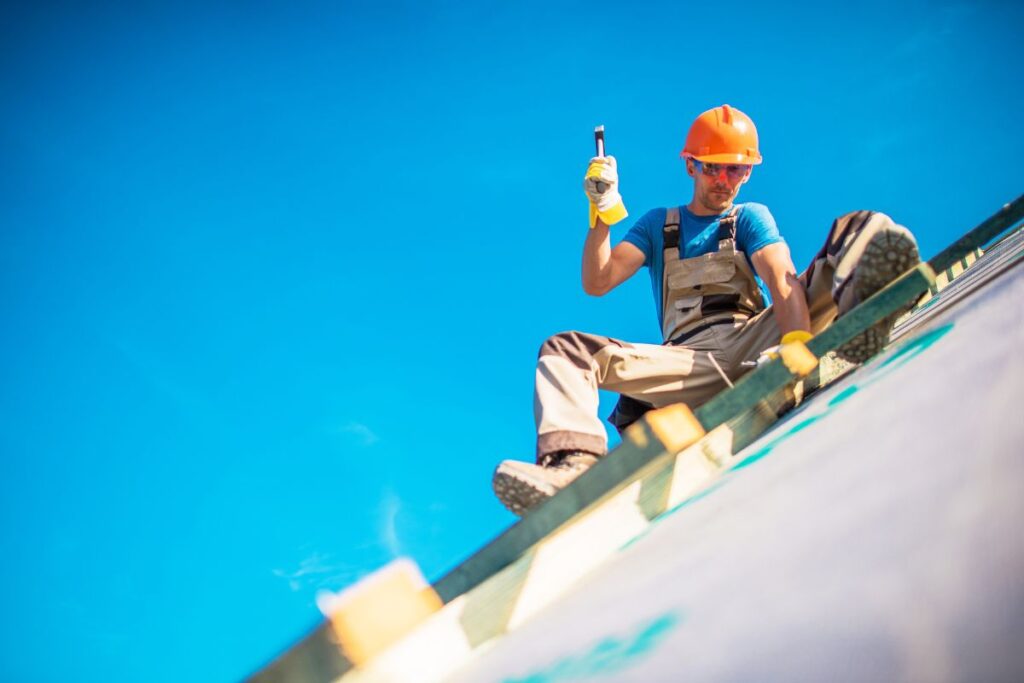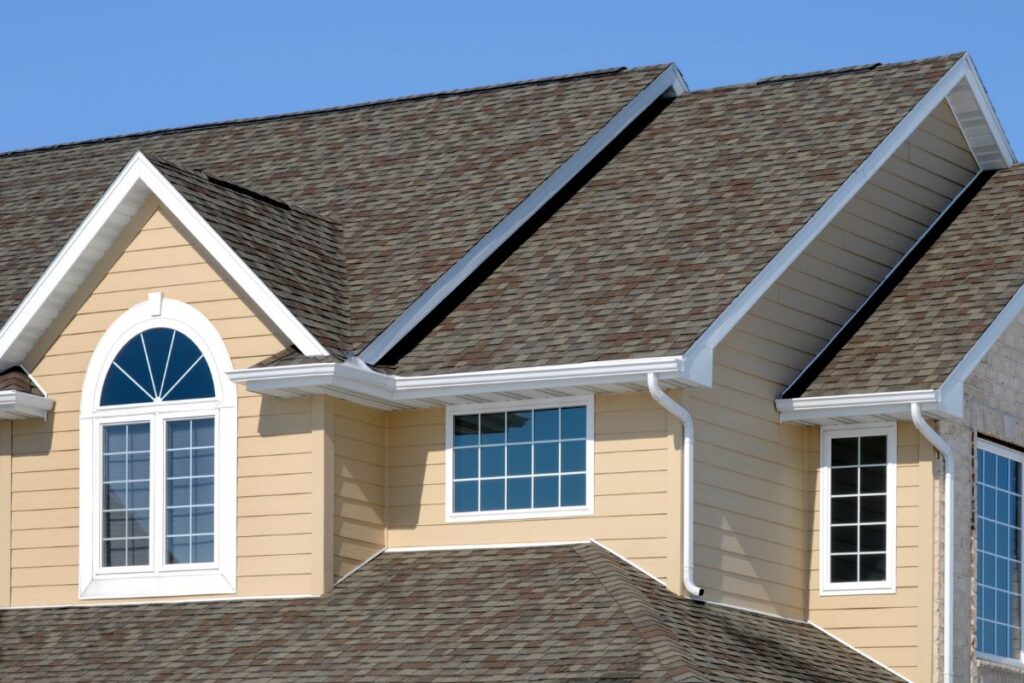When it comes to choosing roofing materials for your home, there are many factors to consider, including cost, style, and longevity. However, one crucial aspect that homeowners often overlook is the impact of climate and weather conditions. Different roofing materials respond to weather elements in unique ways, making some more suitable for certain climates than others. Let’s explore how the climate and weather can impact your choice of residential roofing.
- Hot and Sunny Climates
In areas with high temperatures and strong sunlight, the roofing material needs to withstand heat and resist UV damage. Metal roofing is an excellent option in these cases because it reflects solar radiant heat, helping to keep homes cool. Clay and concrete tiles also perform well in hot climates as they are durable and can resist heat.
- Cold and Snowy Climates
In areas with harsh winters, heavy snowfall, and freezing temperatures, your roof needs to resist ice dams and bear heavy snow loads. Sloping roofs with smooth surfaces, such as metal or slate, allow snow to slide off easily, reducing the weight on the roof structure. Asphalt shingles, known for their durability and resistance to extreme temperatures, are also a good choice.
- Rainy and Humid Climates
Roofs in rainy and humid climates need to be waterproof and resistant to rot and mold. Metal roofing, asphalt shingles, and rubber roofing are excellent options due to their water resistance. Slate and tile roofs also perform well in wet climates because they shed water effectively and resist moisture absorption.
- Windy Climates
If your home is in a region prone to high winds or hurricanes, your roof should be able to withstand these conditions. Metal roofing and asphalt shingles are known for their wind resistance. When installed properly, these materials can withstand high wind speeds without lifting or tearing.
- Wildfire-Prone Areas
In areas susceptible to wildfires, it’s crucial to select roofing materials that are fire-resistant. Metal, slate, and tile roofs are non-combustible and offer excellent fire resistance. Some types of asphalt shingles are also treated with fire-resistant chemicals.
- Coastal Climates
Coastal homes have to deal with salty sea air, which can be corrosive to many roofing materials. Metal roofs with special coatings can resist salt spray, making them an ideal choice for these locations.
In conclusion, when selecting residential roofing materials, it’s essential to consider the typical weather patterns and climate in your area. A well-chosen roof will not only protect your home but also maintain its efficiency and potentially save you money on maintenance and energy costs in the long run. Always consult with a local roofing professional to choose the best material for your particular situation.


